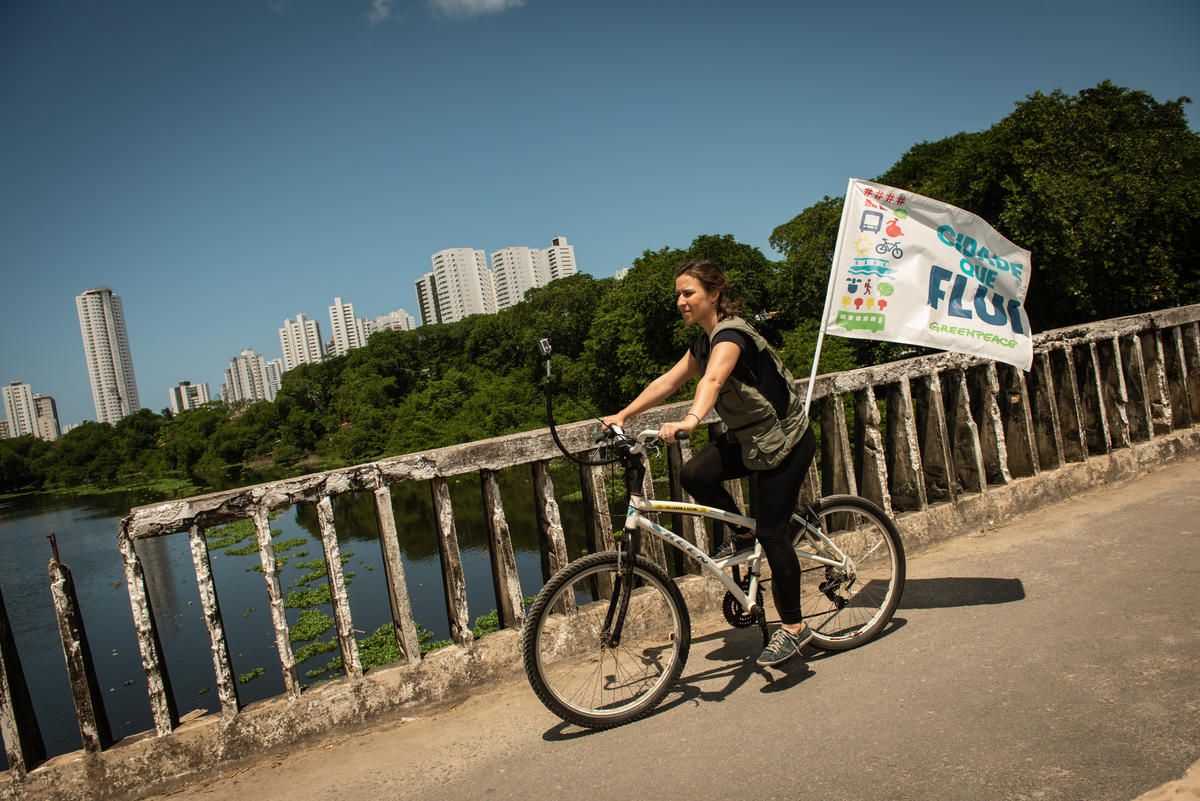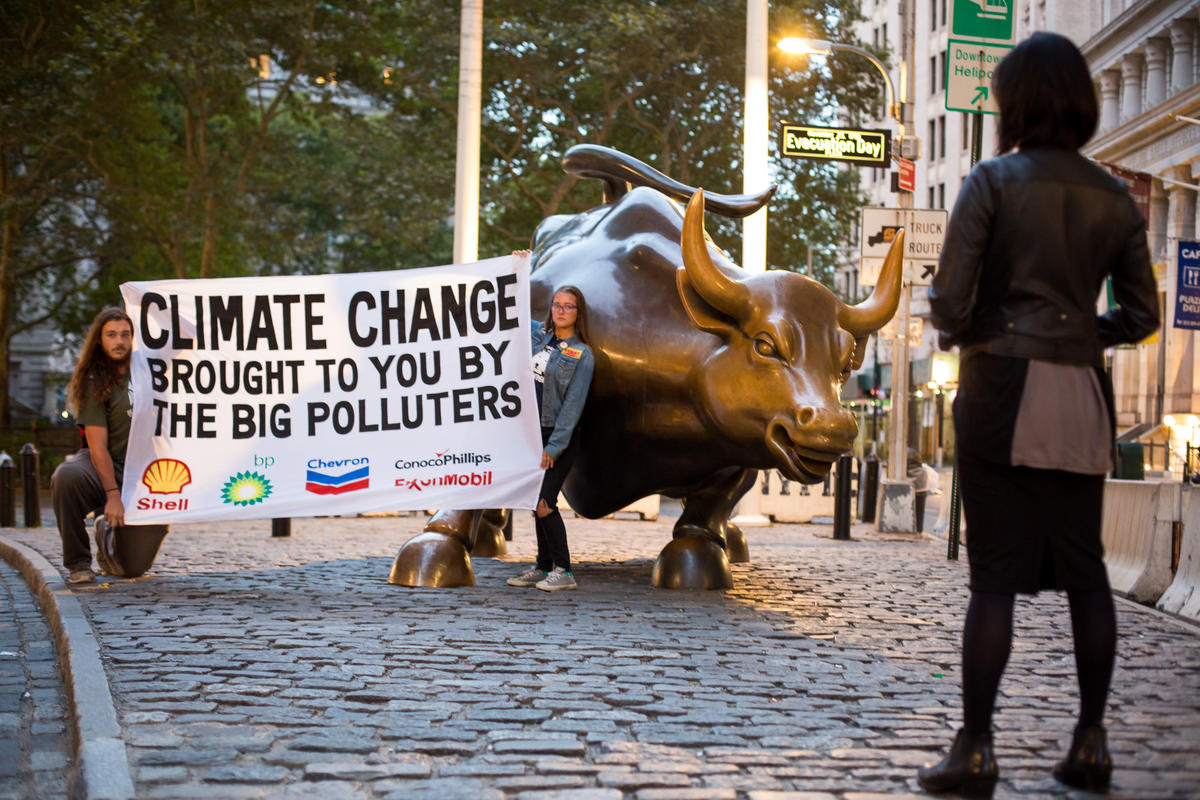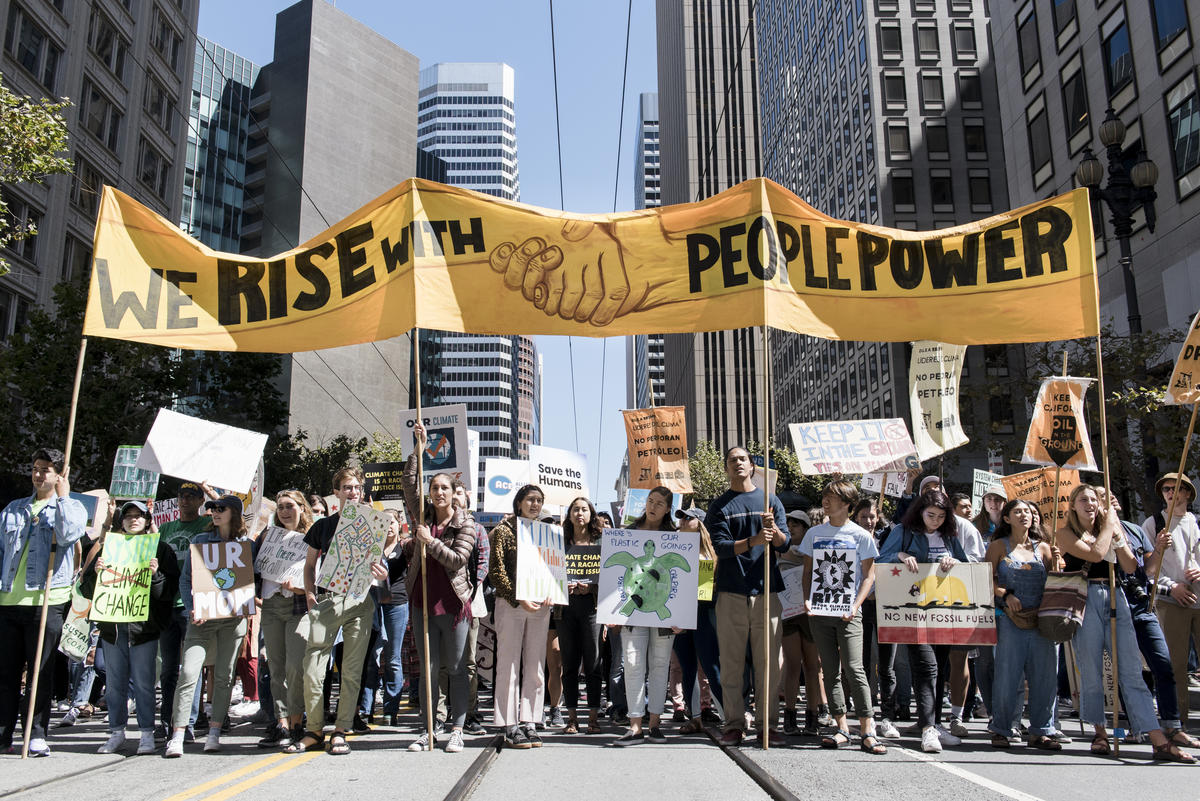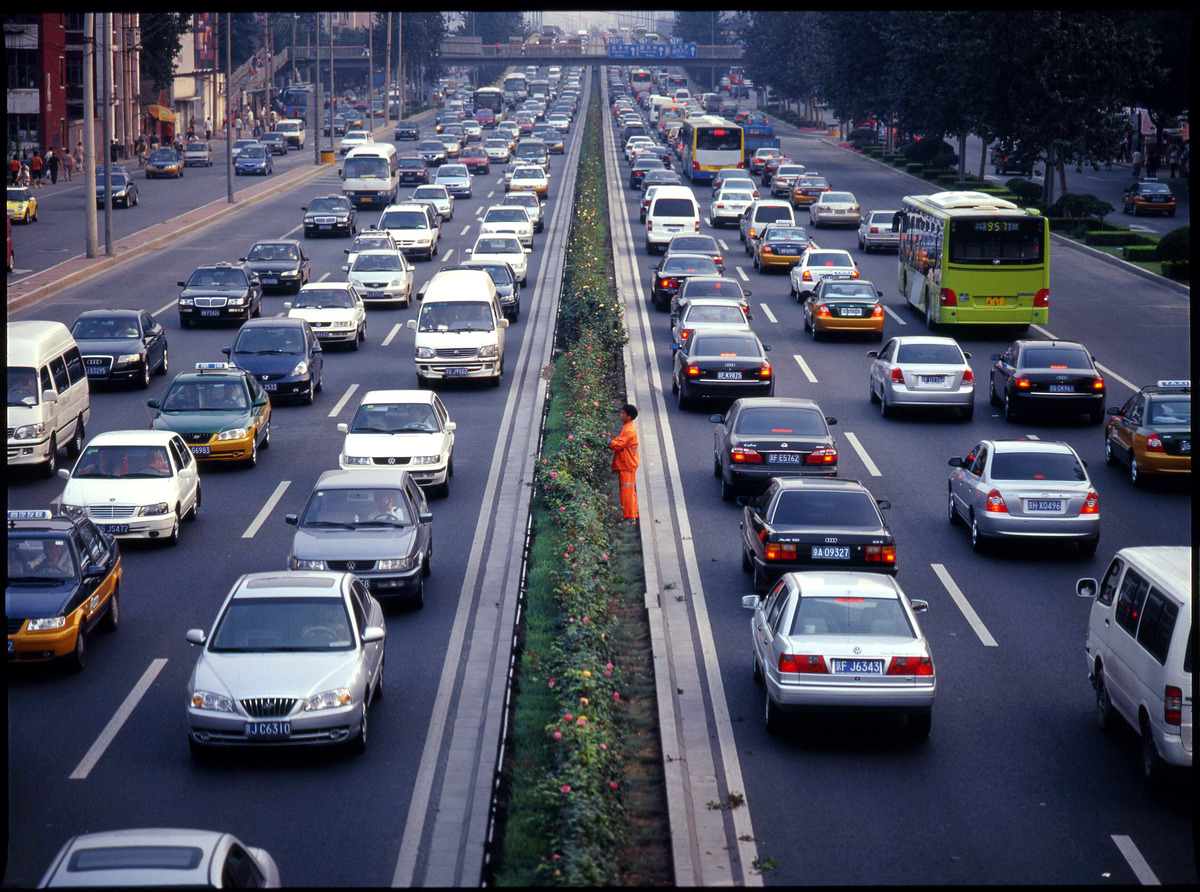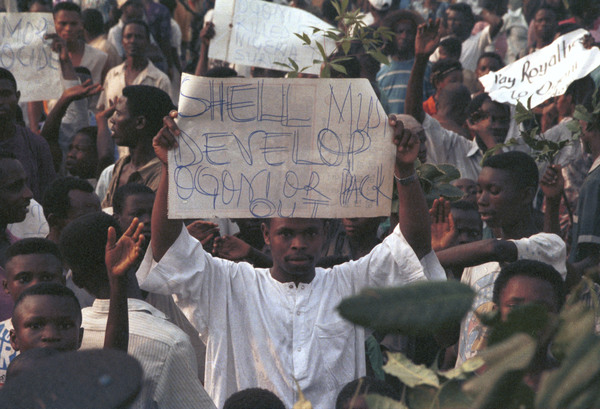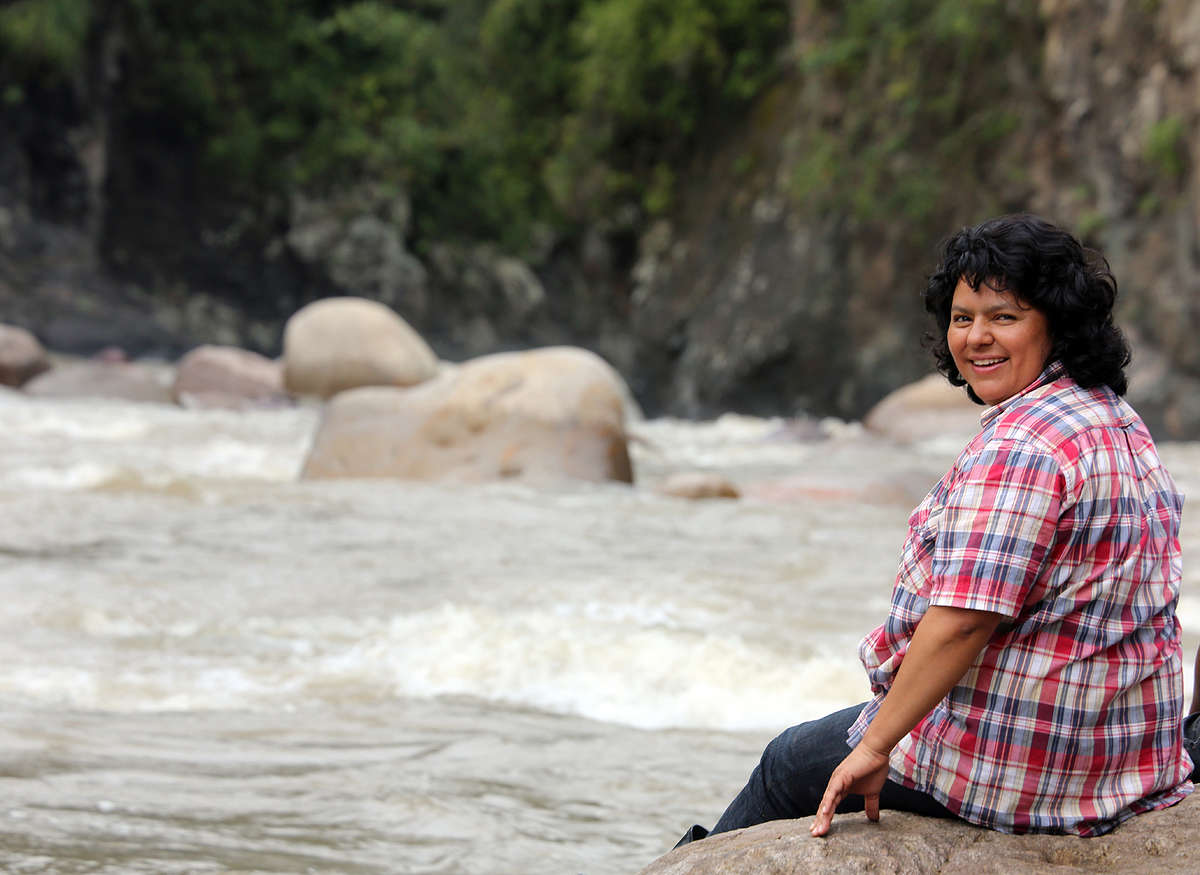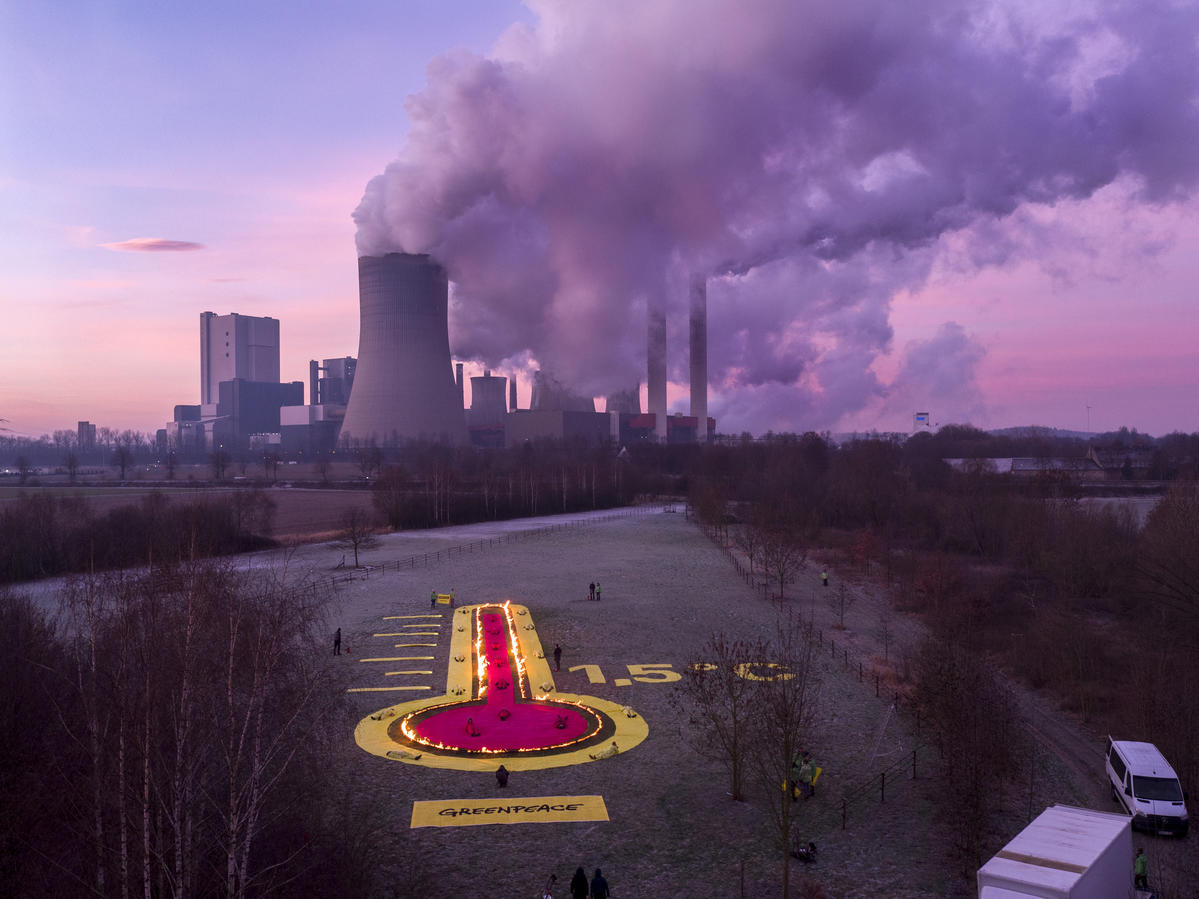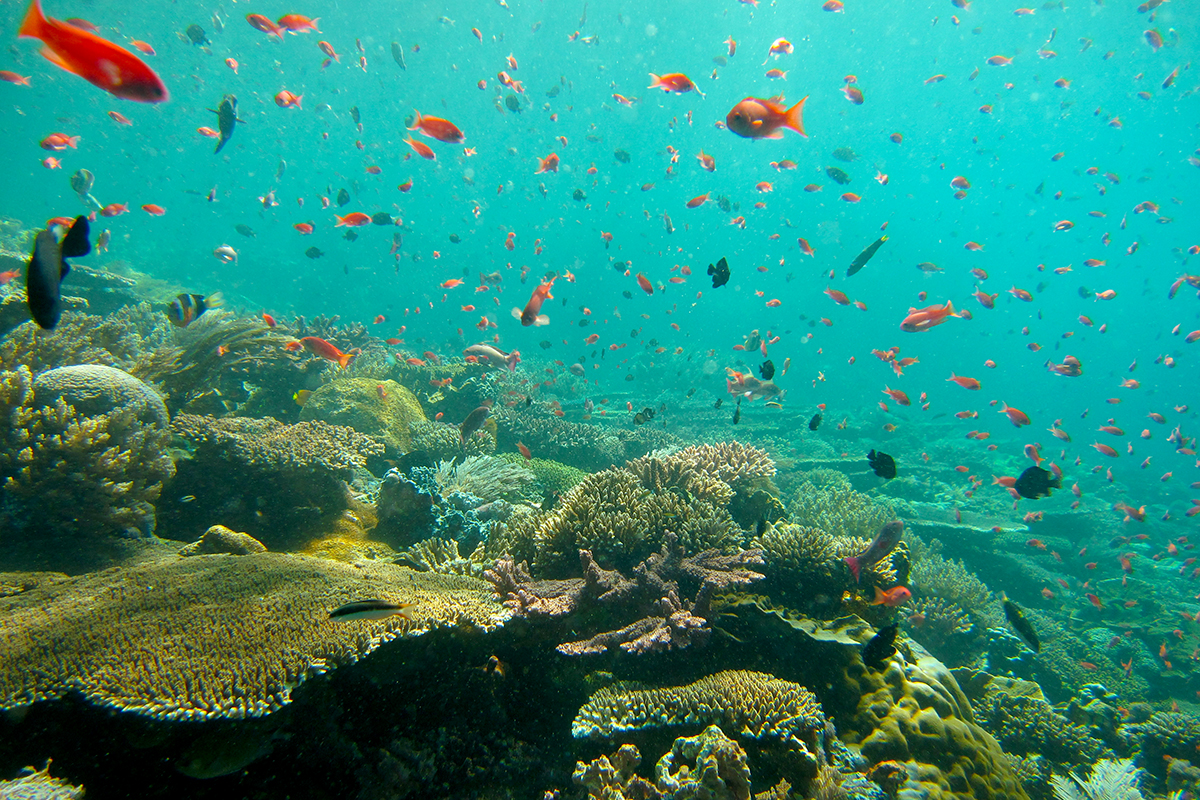-
Exxon, Shell, Chevron face inquiry hearing for human rights violations in New York
“Oil, coal, and gas companies can and should be held accountable for stalling action over the past three decades - action that would have helped save lives, property and ecosystems worldwide from further harm."
Greenpeace International4 min read -
10 things you’ve always wanted to ask an environmental lawyer
Is your life like Erin Brockovich?
Shuk-Wah Chung6 min read -
Five reasons to support a total ban of nuclear weapons today
Let’s keep up the pressure on governments to put an end to nuclear proliferation and to strengthen international security. Together, we can show that we want a safer world.
Jen Maman4 min read -
We’ve got 10 years to ditch fossil fuel cars – or it’s game over for the climate
We’ve got about a decade to completely ban the sale of petrol and diesel vehicles.
Richard Casson5 min read -
The Zero Draft Legally Binding Instrument on Business and Human Rights
This is a story about power; who has it and how they use it. The growth of corporate power over the decades has changed how governments make policy and what…
Charlie Holt, Shira Stanton and Daniel Simons4 min read -
Justice for Berta Cáceres, justice for people and the planet
Violence against environmental defenders is at an all-time high. It’s time for action.
Miguel Ángel Soto2 min read -
Hothouse Earth
The Hothouse Earth study warns that with a heating of 3 or 4°C, Earth's "self-reinforcing feedbacks" -- wildfires, methane release, forest dieback, and so forth -- can drive the temperature even higher.
Rex Weyler9 min read -
How I woke up to the plastic pollution problem
"The water seemed more like a trash site than ocean."
Torben Lonne4 min read -
10 things you’ve always wanted to ask about plant-based nutrition
Can you REALLY get all the vitamins you need from fruits and vegetables alone?
Natalie Siniora7 min read

